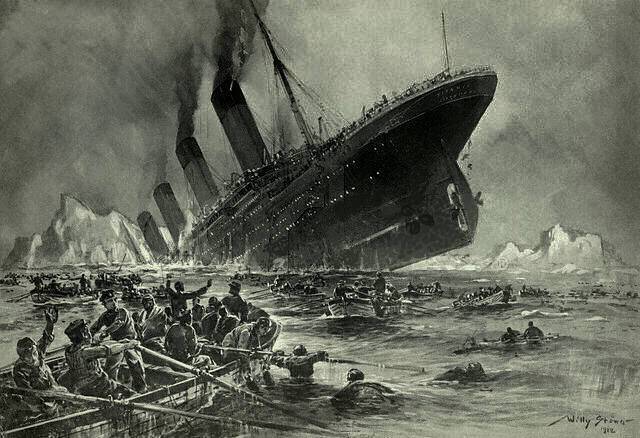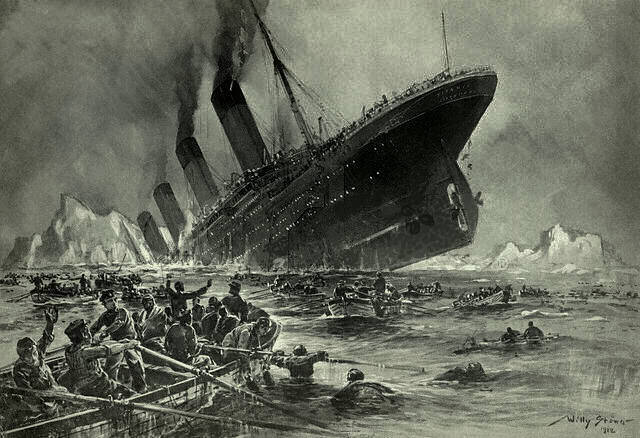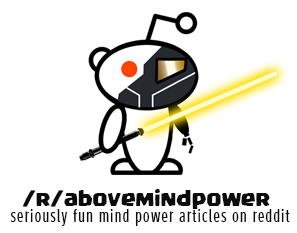
When social media first became popular – I think we’d have to go back to the Myspace days in 2006 – the technological platform had a very different utility. Then, social networking was still pretty insular, and the whole point was to simply consolidate your social contacts into a central hub. Your interaction was very focused, with the information relayed between you and your friends very rarely leaking out to the world at large. Really, the appeal of Myspace and Facebook back in the day was that they were exclusive forms of communication. Not everybody could join the “network,” and not everybody could see what you posted. And whatever you did post usually had a very specific receiver in mind. Social media wasn’t a completely closed, network, so to speak, but it was still primarily centered on small group communication.
Well, fast forward 10 years and social media has become anything but sociable. Instead of using social media as a scheduling/communicating tool for our own in-groups, we’re now using platforms like Twitter and Instagram and YouTube as global broadcasting systems. When we tweet and post comments and put up photos and videos, we no longer have an intended target; rather – through the magic of hashtags and other trending algorithms – we’re tailoring all of our social media behaviors like miniature press releases, these carefully scripted dispatches intended to generate publicity for our own personal “brand” simply for the sake of generating publicity for our own personal “brand.”
In other words, instead of being about connectivity, social media became a way of disconnecting ourselves from reality. We stopped using Facebook because we had pertinent information to relay to our closest friends and instead turned it into a universal ego-stroking device. With likes and shares representing a virtual currency, the sole purpose of the social network has now become a perpetual self-affirmation service. We share and post only for the narcissistic thrill of our acquaintances – many of whom remain no closer to us than a random passerby on the street – reasserting (and really, rewarding) our own arrogance.
The only other utility social media truly provides in this day and age, of course, is propaganda distribution. Twitter, Facebook, YouTube and even Pinterest have become echo chambers carefully stratified (some may even say segregated) around ideological underpinnings. That the Twitter and Facebook “trending” algorithms act as virtual agenda-setting tools does very little to broaden the state of discursive democracy on the net; indeed, one could make a very strong argument that they do nothing but deliberately intensify flame wars and trolling, all the while redirecting users to the social networks’ preferred media partners, driving up their page views and perpetuating a symbiotic business relationship that appears awfully similar to the Payola scams the 1960s.
And of course, that’s overlooking the fairly suspicious personal information policies on Facebook, Twitter and YouTube – you know, the ones where they literally sell your private data to third parties and there’s absolutely no legal recourse you can take. Serves you right, though, for checking off that “terms and conditions” box without reading the full disclaimer, doesn’t it?
The dreaded after-effects of the social media revolution are readily apparent in our modern society. What’s the great consequence of ten years worth of increasingly impersonal, conceit-celebrating, short attention span-rewarding, identity-politics-worshipping, self-aggrandizing cyber-communication used more for social surveillance than actual social camaraderie?
Well, we’ve got 12 year-old girls hanging themselves on Facebook Live, teenagers livestreaming gang rapes on Periscope and an absolutely delightful menagerie of user-generated nihilism on sites like LiveLeak and WorldStarHipHop, where users the world over can watch mentally disabled young men drink toilet water at knifepoint and see teens try to hack each others arms off with machetes.
Social media, conceptually, gave us a sounding board to the world. In practice, however, it’s turned into something more closely resembling a battering ram. After a decade of frigid machine-assisted communication – with no central audience and the chief driver our own egocentric love of self-promotion and commodified experience – perhaps it’s not surprising at all that services like Twitter and Facebook have become, essentially, weaponized platforms. If the first era of social media was about extolling ourselves, then perhaps the second era of social media – which we may already be seeing today – will revolve around attacking others. Cyberbullying, doxing and other targeted forms of harassment are already commonplace, but over the next decade, maybe the antisocial network mentality will evolve into something even more malicious.
Imagine coordinated cyber attacks not just on a single user, but their entire expanded network – friends, family, children and coworkers. Or how about social engineering efforts that – thanks to Facebook and Twitter and Instagram having easy access to the individual information on our smartphones – could divulge not only our most private conversations, but our full Internet-assisted activity histories (banking details included) to the entire world? And what’s stopping the next great American spree killer from livestreaming his noble attempt at chalking up a new all time mass murder high score? As instrumental social media may have been at forging synthetic relationships, something tells me it’s going to do a much, much better job facilitating social decay than it ever did social cohesion.
Whatever self-affirming joys we get out of social media – and yes, the constant praise from our peers and total strangers is quite the electronic opiate – they probably aren’t going to be worth the numerous personal, security and financial perils our favorite platforms are already threatening us with today. The only sensible thing to do, I suppose, is to hop off the ship while you still can.
I deleted all my personal social media accounts about a month ago, and I feel a lot better socially than I have in years. No longer do I feel as if I have to put on some cultural veneer for electronic affirmation. No longer do I find myself beholden to the self-serving rhetoric of people whose inflated egos have convinced themselves their meaningless opinions had any sort of transcendent societal value. No longer am I bombarded by an endless stream of idiotic political diatribes or the shameless self-whoring of attention-deprived drama kings and queens. No longer do I find myself contrasting my lot in life to people oh so eager to yammer on and on about how great they have it nowadays (in fact, researchers have already linked this “social comparison” on Facebook to increased odds of depression.) No longer do I find myself surreptitiously honing in the chatter of an old flame, or a bitter old colleague, or an estranged family member (who, needless to say, should’ve remain estranged), out of Facebook-borne paranoia and emotional masochism. And all those random trolls who like to shit on my articles? Now they’re just dogs barking at the wind – just a bunch of gasbags glibly unaware they’re having conversations with no one but themselves.
At first, I felt a little isolated, perhaps even a little lonesome. But that soon gave way to a newfound feeling that I literally hadn’t experienced in a decade – a sense of truly being my own person as opposed to a preassembled product intended for digital consumption only.
A funny thing happens when you disconnect from the social media hive mind. For the first time in ages, you actually feel like you’re connected to the real world again – far, far removed from the meaningless chatter of the cyber circle jerk and actually experiencing that trifling little thing we used to call “life” instead of repackaging it for clicks and shares.
And trust me – that’s a sensation you wouldn’t want to trade for any number of likes or retweets. 
![]()


